Overcoming the hidden cost of mental health stigma: What employers need to know this Mental Health Month
Overcoming the hidden cost of mental health stigma: What employers need to know this Mental Health Month
The effects of mental health stigma extend greatly beyond the people living with mental ill-health – it’s impacting businesses too. The irony is that employers who fear hiring people with mental health conditions (due to the perceived unnecessary cost to their businesses) are already taking significant financial hits. They’re also missing out on highly sought-after workplace benefits.
October is Mental Health Month and as someone working on the front-line, let me take the opportunity to tell you what I see every day. I see both the brutal effects of this stigma as well as the positive impact that breaking it down can have. I see that hiring more people with mental ill-health must be a key priority for employers.
The cost of stigma
One in five Australians are affected by mental illness annually, but employers are often oblivious to the presence of mental ill-health among their prospective and existing staff. This is due to the large majority of job seekers and employees feeling the need to hide their mental health condition for fear of judgement and discrimination. What’s more, employers are unaware of the hidden costs of not supporting these people.
According to PricewaterhouseCoopers (PwC), untreated mental health conditions are costing Australian workplaces around $11 billion per year, mostly through absenteeism, presenteeism (reduced productivity at work) and compensation claims.
Then there’s the human cost. In some cases, this stigma can exacerbate existing mental health conditions, leading to suicidal ideation, substance abuse and even further social isolation. This can create a vicious cycle of knock-on effects and aggravate the physical side-effects associated mental ill-health.
A wise business investment
Don’t think you can afford to employ people with mental ill-health (what many employers naively perceive as “unreliable staff”)? Employers just want someone reliable who can do the job and job seekers just want to find the right employer that can support their needs. These equally important needs can successfully co-exist.
PwC estimates that there could be an average $2.30 benefit to businesses for every dollar spent on investing in “mentally healthy” workplaces. Then there are the widely acknowledged benefits of hiring people with disability (including people with mental health conditions). These include higher staff engagement and retention, greater productivity, less time off and enhanced brand reputation.
There is support available to employers to embrace more inclusive approaches to recruitment and support their staff’s mental health needs. Through the government-funded DES, businesses can obtain tailored support to build sustainable, inclusive workforces and navigate the various government funding available to businesses.
I see win-win solutions
About 40 per cent of participants seeking work through DES list a psychiatric disorder (mental health condition) as their primary disability. The true figure is higher when taking secondary disability and unreported and undiagnosed mental health issues into account. What these people represent is untapped potential.
When employers tackle mental health stigma by taking more inclusive approaches to recruitment and looking after their staff, they are able to better support their workforce and get the best from them. They save money that would have otherwise been lost on undisclosed and unsupported mental health issues and benefit from all of the positive flow-on effects of a diverse workforce.
Meaningful employment opens up people’s lives. Being accepted and to have the opportunity to feel normal, not ostracised and put into a box is the biggest standout benefit. Other benefits of employment include increased self-worth, social inclusion, financial stability and even just the ability to have a decent roof over their head again or a hot meal on the table every night.
When people with mental health conditions enter stable and supportive employment, not only do their lives and the lives of their friends and families improve, but they are actually more likely to see improvements to their mental health.
For everyone’s benefit, it’s time we challenge mental health stigma.
If you or someone you know is in danger or needs immediate medical attention, please call 000.
If you are thinking about suicide or experiencing a personal crisis help is available. No one needs to face their problems alone. Call Lifeline 24/7 on 13 11 14.
Looking for support as an employer or job seeker?
Get in touch with our friendly team to find out more about how we can help you.
Post categories
- Employers (20)
- Job seeker tips (172)
- News (56)
- Real stories (144)
- Referral partners (1)







